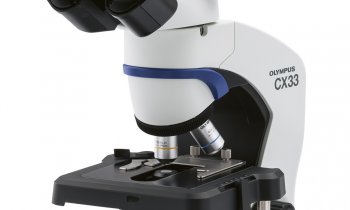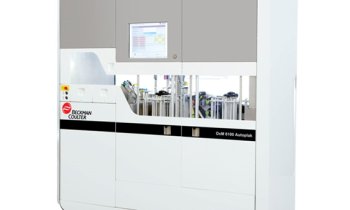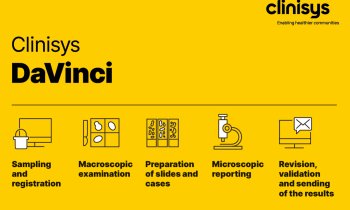The MIRACLE begins
Seven-country research project aims to develop a lab-on-chip to isolate and detect circulating and disseminated tumour cells in the blood
Detection of circulating and disseminated tumour cells in blood is a promising method to diagnose cancer dissemination, or to follow up cancer patients during therapy. Today’s methods and involve time-consuming (more than a day) sample processing and cell isolation steps -- all labour intensive and expensive. A lab-on-chip that could integrate those processing steps would enable faster, easy-to-use, cost-effective detection of tumour cells in blood.
Earlier, in the joint project MASCOT FP6-027652, individual microfluidic modules for cell isolation, cell counting, DNA amplification and detection were developed. Based on this expertise, and strengthened by additional partners, the development of a fully automated lab-on-chip platform to isolate, count and genotype CTCs is envisaged within the framework of the MIRACLE project.
For genotyping, genetic material (i.e. the mRNA) will be extracted from the cells and multiple cancer related markers will be amplified based on multiplex ligation-dependent probe amplification (MLPA) followed by their detection using an array of electrochemical sensors. Full integration of all steps requires innovative research and processing steps that need a combination of the multidisciplinary and unique expertise of the different project partners (ranging from microfluidics to interfacing, miniaturisation and integration skills). The resulting lab-on-chip tumour detection system will be well ahead of the current state-of-the-art, revolutionising cancer diagnostics and individualised theranostics.
Info
Within the framework of the MIRACLE project, imec as project coordinator, is collaborating with the Universitat Rovira I Virgili (Spain), the Institut für Mikrotechnik Mainz, AdnaGen, ThinXXs and ConsulTech (Germany), MRC Holland (The Netherlands), Oslo University Hospital (Norway), KTH Royal Institute of Technology, Multi-D and Fujirebio Diagnostics (Sweden), ECCO - the European CanCer Organisation and ICsense (Belgium) and Labman (UK). The project aims to develop a fully automated and integrated microsystem providing the genotype (gene expression profile) of CTCs and DTCs starting from clinical samples. MIRACLE is partly funded by the European Commission (FP7-ICT-2009.3.9).
Imec is the trademark of Imec International. Specialising in nano-electronic research, imec’s HQ is in Leuven, Belgium. Offices: the Netherlands, Taiwan, US, China and Japan.
Project details: www.miracle-fp7.eu
27.10.2010











